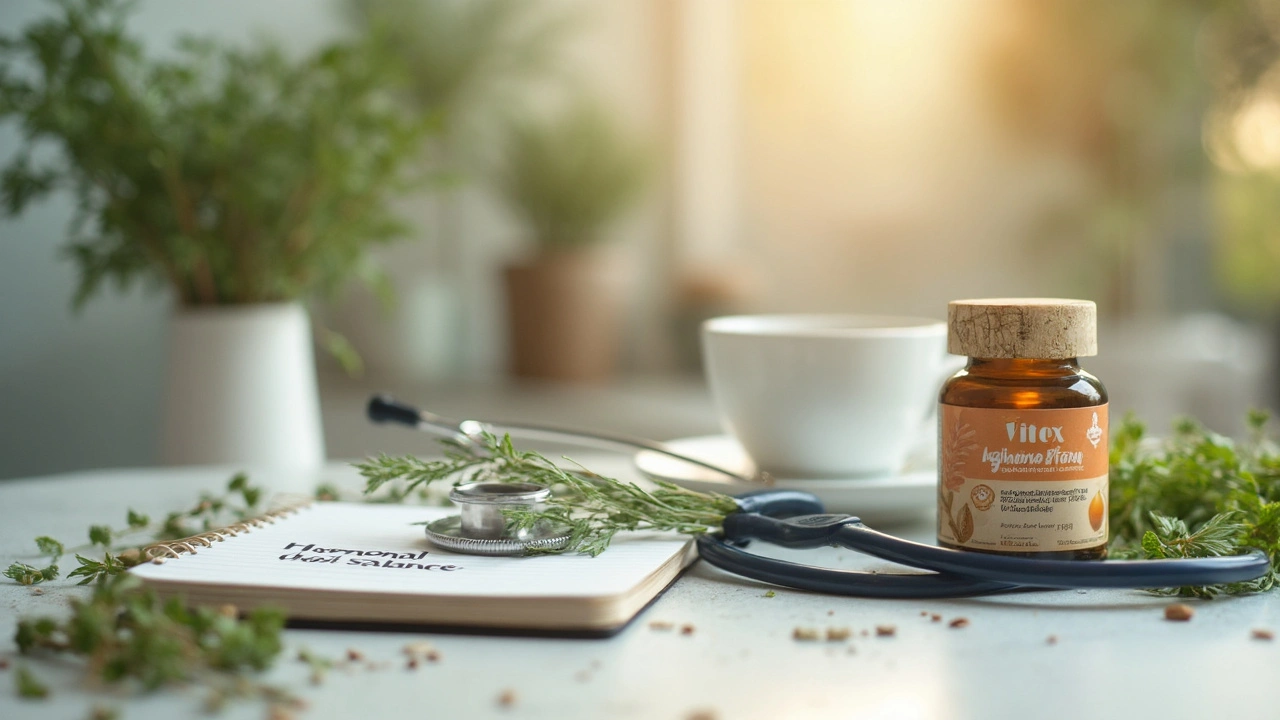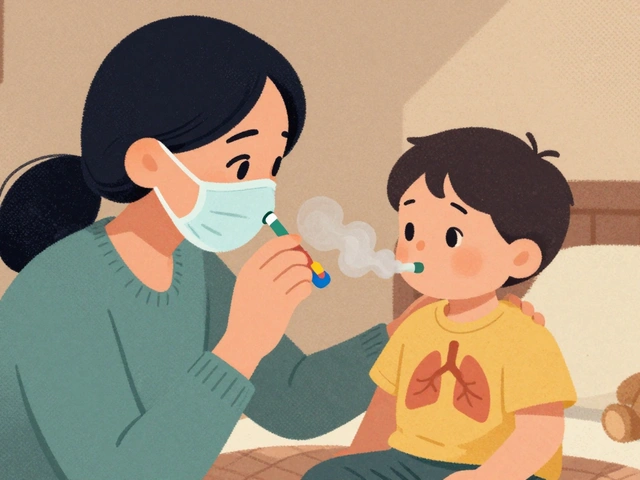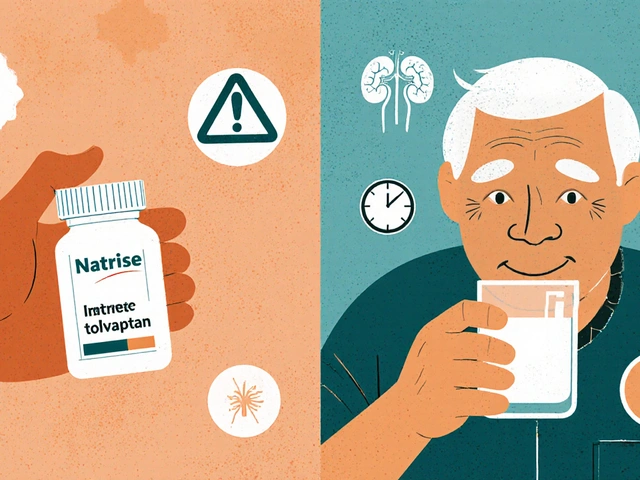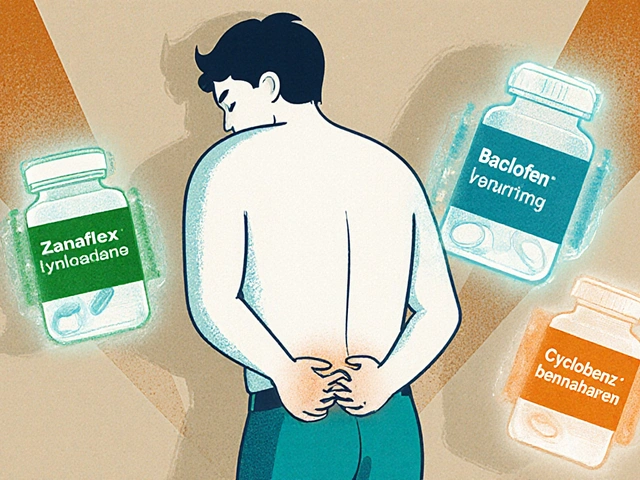Polycystic Ovary Syndrome (PCOS) – What You Need to Know Today
If you’ve heard the term PCOS but aren’t sure what it really means, you’re not alone. Polycystic Ovary Syndrome is a hormonal condition that affects millions of people assigned female at birth, often showing up in the teen years or early twenties. The key thing to remember is that PCOS isn’t a one‑size‑fits‑all diagnosis – it shows up differently for each person.
Spotting the Common Signs
The first clue is usually irregular periods. Missed cycles, very heavy bleeding, or periods that come too often can all point to hormonal imbalance. Next, many notice excess hair growth on the face, chest, or back (hirsutism). Acne that stubbornly refuses to clear up, especially on the jawline, is another red flag. Weight gain around the waist, difficulty losing weight, and dark patches of skin (called acanthosis nigricans) also show up frequently.
While these symptoms can feel overwhelming, catching them early helps you take control faster. A simple blood test checking testosterone, insulin, and other hormone levels, plus an ultrasound to look at the ovaries, is usually enough for a doctor to confirm PCOS.
Managing PCOS with Lifestyle and Medication
There’s no cure, but there are proven ways to keep symptoms in check. First up: diet. Aim for a low‑glycemic plan – think whole grains, fresh veggies, lean proteins, and healthy fats. Cutting down on sugary drinks and processed carbs helps lower insulin spikes, which can improve hormone balance.
Regular exercise is just as important. Even a 30‑minute walk most days can boost insulin sensitivity and support weight management. Strength training adds extra benefit by building muscle that burns more calories at rest.
If lifestyle tweaks aren’t enough, doctors often prescribe birth control pills to regulate periods and reduce excess hair growth. Metformin, a diabetes medication, can lower insulin levels and sometimes help with weight loss. For those struggling with fertility, treatments like clomiphene or letrozole can stimulate ovulation.
Remember, mental health matters too. PCOS can bring anxiety or depression, so talking to a therapist or joining a support group can make a big difference.
Bottom line: combine a balanced diet, consistent exercise, and the right medication (if needed) to tackle PCOS from several angles. Start with small changes – swap soda for water, add a daily 10‑minute stretch routine, and schedule a check‑up with your healthcare provider to discuss testing.
Got questions? Common concerns include how PCOS affects pregnancy, whether you can reverse hair growth, and what supplements might help. In most cases, a personalized plan crafted with your doctor will address these points directly.Take charge today: track your cycle, note any new symptoms, and keep a food‑and‑exercise log. The more data you have, the easier it is for your doctor to fine‑tune treatment and for you to see what works best.

Vitex Agnus-castus for PCOS: Benefits, Risks, and Real Evidence
Curious if Vitex Agnus-castus can actually help with PCOS? This article gives you a deep dive into how this time-tested herbal supplement might affect symptoms of polycystic ovary syndrome. It looks at what real research says, what people are experiencing, and whether Vitex is really worth trying for hormonal balance. You'll also learn practical tips, possible side effects, and what to consider before reaching for this supplement. Hear from both the science and the stories behind this fascinating herbal remedy.




